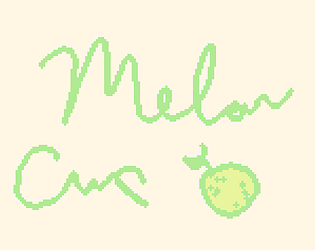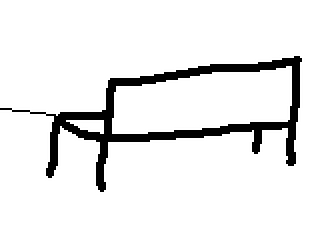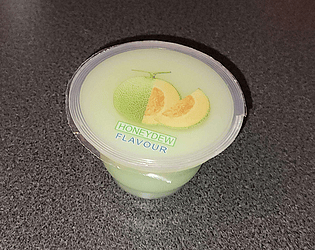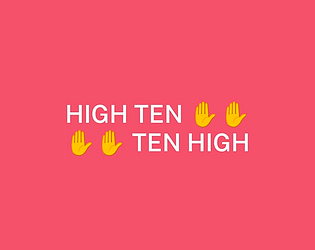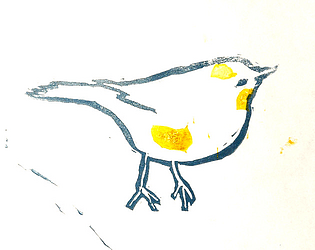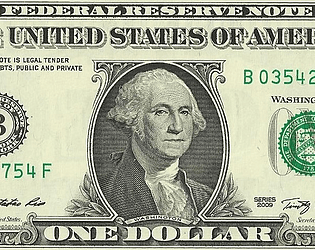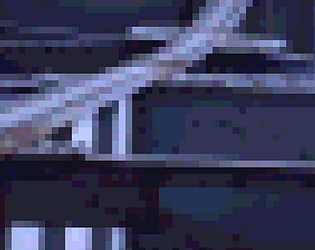my dad said one thing true: every moment is a crossroads
june-tree
Creator of
Recent community posts
thank you for reading and reflecting, it's not easy, and thanks for the trust.
(i have let a lot of (metaphorical) dogs out in the (metaphorical) cold, tied some up myself, and ignored most of them!)
i have deep in my heart a viciously ugly streak that thinks a dog should die in the cold or "it'll be fine..."
not happy i'm like this. i think i'm not unusual
i want to be intentional about which strings i pull on (in the myth at the end) but it's hard
thinking again
i'm not sure exactly in my heart what specific motions produced such anger in me.
but u shouldn't treat a dog like that, and one that LOVES HER.
i think i've had that dog's obedience and cluelessness and love, and so i think in my heart i see me in that dog more than i see u, b/c i've only known you with ur eagle eye vision, legolas. A dog is usually confused. I've only seen you more... feral and cautious than that dog. I don't think i am that dog though, but i am able to hold some rage this dog is incapable of.
Not to say i don't see you in that dog. What i see of you is not the dog's temperament but i see every other person in the room and think "this person would also hurt my wife". IF they would neglect a dog until it froze, THEN they would surely do the same to you.
really appreciate you thinking deeply about this. I think loneliness and rejection are extremely strong motivators, and can lead to such strong feelings they overcome self preservation
i think the ties and attachments in the myth at the end to me are not all leashes but are more like the "red thread of fate" sort of thing (as...not a normal example, but a different rotation of this concept, see my wife's hitman.drr.ac ). The leash to me is ownership (a leash is designed to be held and to choke whatever (or whoever) struggles), slavery annihilates will. I think there are many ways people are tied together, not all good or bad.
also i understand (of course it's like this, i wasn't born yesterday, people do far worse constantly...) but also can't re: animal ownership
like, i can't accept it or even safely keep this afloat in my mind without becoming (or returning to being) the kind of person to justify it or to be eroded away, and i believe in love more firmly now because of you. pebbles tied together
appreciate that you point out "then you’re using the same frame of thought". There's more to life than transactional exchange!
Thanks for sharing plant study time!! Like that you talked about how it doesn't need to be a zero sum game!! Something felt a bit weird to me about the trees superior to humans thing but im glad you believe in cooperation :)
yeah it's great!! Excited to see what you make next!! And will take a look at older stuff too :)
i think it is valuable to think about these things!! And what sorts of harm are justified with morality (making them somehow even worse)! There are many...
What is the function of dividing things into good and evil? What is the role of condemnation?
made me cry
this is sincere and gentle and full of love
"but the fact we make judgments while doing so somehow makes it worse"
this makes me think about a line from Watership Down:
“Animals don’t behave like men,” he said. “If they have to fight, they fight; and if they have to kill, they kill. But they don’t sit down and set their wits to work to devise ways of spoiling other creatures’ lives and hurting them. They have dignity and animality.”
any way to only have "on loop" fire when background loop completes but NOT when a card is navigated to?
I'm trying to loop two songs (play sound 1 then play 2 then 1 then 2 etc) using a deck-level script for the "loop" event that updates a counter on one of the cards
it works perfectly EXCEPT this event is fired (and so the music immediately switches from whatever is playing to the other sound) every time a new card is navigated to
(i also just don't know why "loop" event is essentially a "on loop OR on view" sort of thing)


